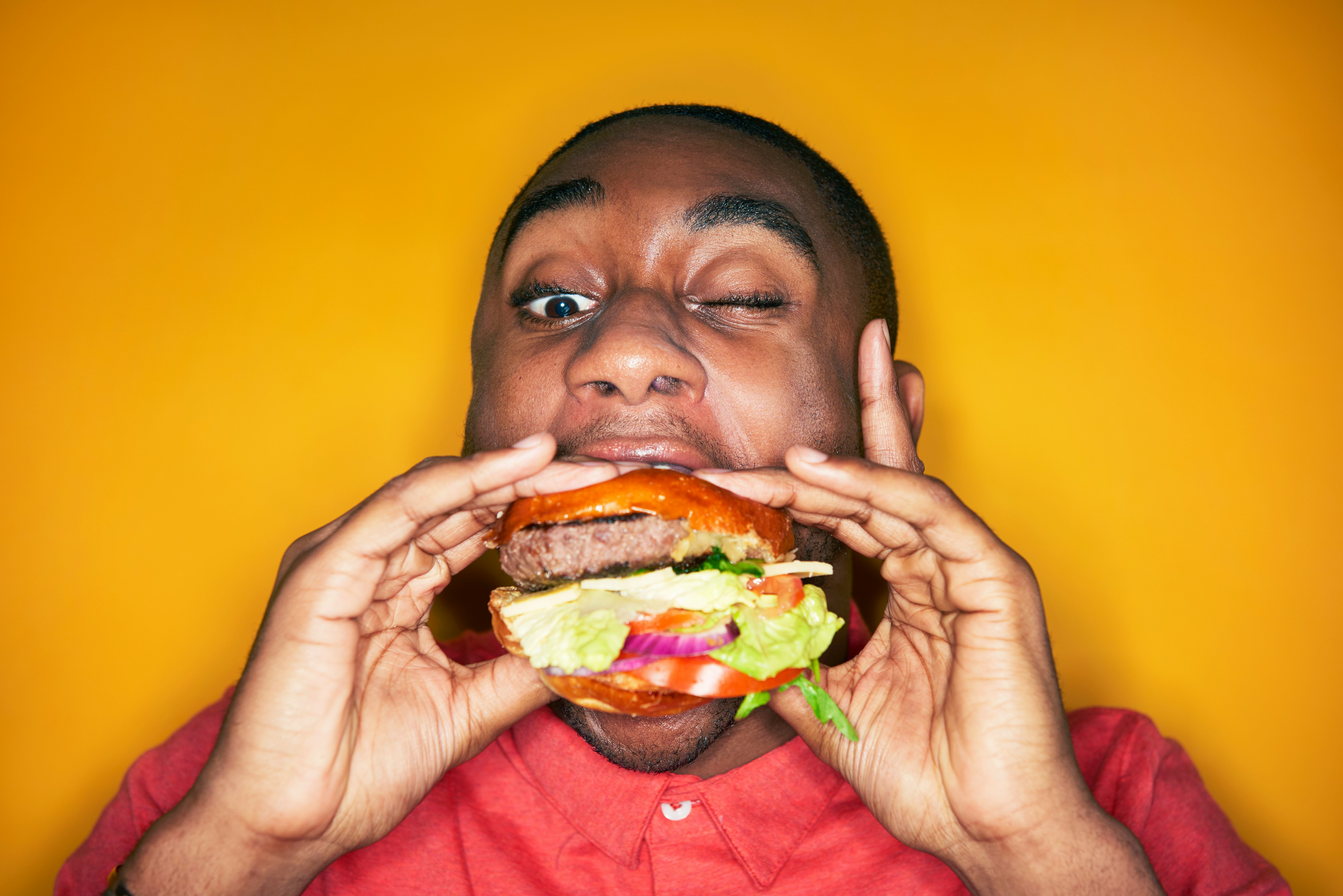
English speakers have a particular fascination with words that don’t exist in the language but that sum up a universal feeling or experience. For example, in Russian, the word razbliuto roughly translates to the nostalgia you feel for someone you are no longer in love with. And in French, seigneur-terraces is a term for people who spend a lot of time but not a lot of money in cafes.
But English does have one word that perfectly encapsulates an emotion we can all identify with: Hanger. The term likely emerged in the ‘90s and was later popularized as a meme. It is a portmanteau of hungry and anger — and it is scientifically proven to be real.
Viren Swami, a professor of social psychology at Anglia Ruskin University, is interested in hanger because he’s curious about the effects of hunger on psychology, such as body size perception. There’s also an element of scientific mystery: There are a few lab-based studies on the subject, but these have mainly focused on the effect of glucose levels on self-control and self-regulation and less on emotional states.
Swami is also interested in the subject because he gets hangry (or at least, that’s what his wife tells him).
His study on hanger is thought to be the first to probe how hunger influences emotions outside of a lab setting. His team’s analysis suggests a significant link between being hungry and feelings of anger and irritability. Hangry people were also less likely to describe their emotional state as pleasant. The findings are in the journal PLoS One.
Hunger, the study team finds, may not automatically lead to negative emotions — but the jump from hungry to hangry can be an unconscious process. “It may not take much for hungry individuals to experience anger and irritability,” the researchers write.
But we do have some control over whether or not hanger takes hold. Separate research suggests labeling an emotion can help regulate that emotion. This ability can helpful in the case of hanger, explains Swami.
“Giving your anger a label — ‘I am hangry’ — could allow you to make sense of what you’re experiencing, but could also help you understand what you should do next — ‘I am hangry, so I should eat something,’” Swami says.
The science of hanger

Swami’s findings are based on an analysis of 64 study participants surveyed about their levels of hunger and well-being for 21 days. Five times a day, they were prompted to report several stats, including how they felt, how hungry they were, and where they were. In addition, the study participants were also asked to report demographic factors like age, sex, and personality traits.
The study team used this information to show that negative emotions can be predicted by both day-to-day fluctuations in hunger as well as mean levels of hunger over the previous three weeks. The results suggest this is true regardless of demographic factors.
Further, hunger was associated with 38 percent in the variance in pleasure, 34 percent in the variance in anger, and 37 percent in the variance in irritability recorded by the participants.
While this study didn’t examine why hunger can lead to these emotions, earlier research suggests it may be because low blood glucose levels can decrease our ability to self-regulate and self-control emotions. This can result in increased impulsivity, anger, and aggression.
The link may also explain why people who are hungry are more likely to view ambiguous situations as negative. Research also suggests people who are more emotionally aware are less likely to become hangry.
This brings us back to Swami’s advice: One of the best things you can do when you’re hangry is realize that you’re hangry. You may not be all that irritated with the people around you. Instead, you might need a snack.







